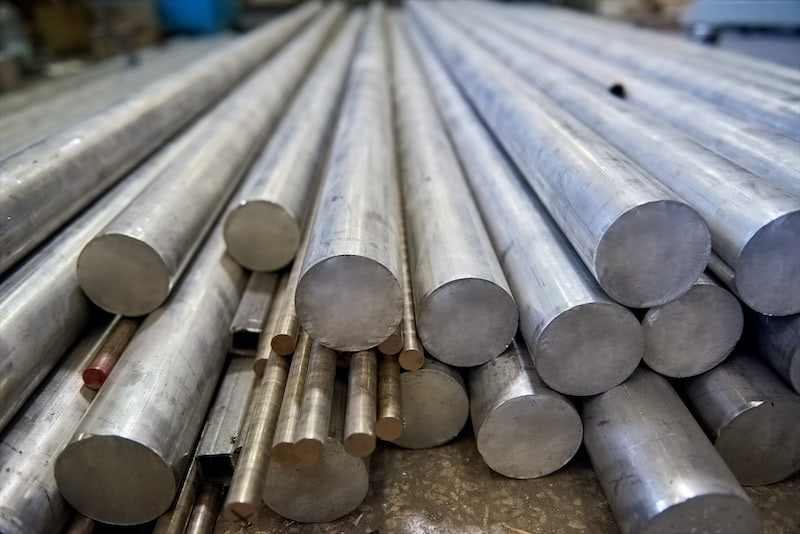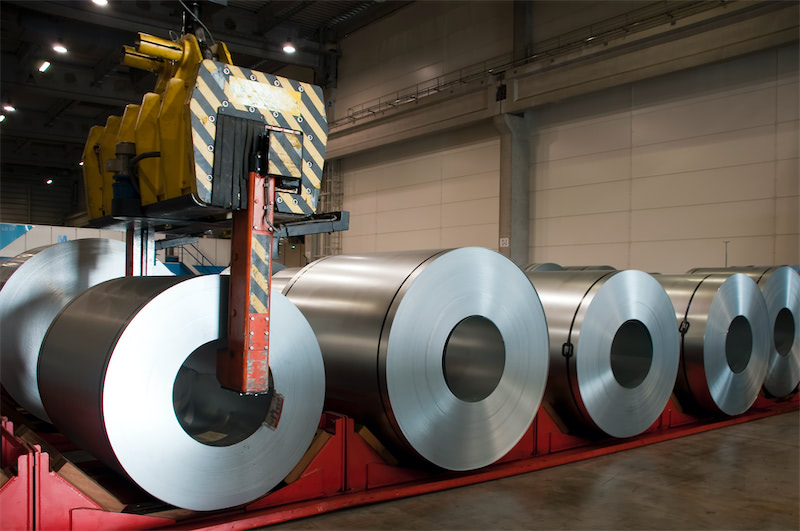Recently, the Minerals Marketing Corporation of Zimbabwe (MMCZ) announced that it would consult with the Ministry of Mines to promote a complete ban on the export of raw chrome ore, aiming to boost domestic investment in deep processing of minerals.
This policy initiative comes at a time when the global chrome ore and concentrate market is under dual pressure: China's inventory has surged to 2.9 million mt, primarily due to the persistent weakness in stainless steel demand. Despite Zimbabwe's partial ban on raw ore exports since 2021, the government still retains the discretion to issue special licenses with export quotas to specific enterprises. MMCZ has called for a complete closure of policy loopholes and full implementation of the country's Mineral Value Addition Act.
Dr Nomsa Moyo, the General Manager of MMCZ, pointed out: "Although the expected growth in stainless steel capacity supports the long-term demand for global chrome ore, the current overstocking in China and weak demand have created a squeeze effect. Faced with the current market supply surplus, there is an urgent need for a strategic review of export policies."
MMCZ noted that a complete ban would create a more favorable competitive environment for local ferrochrome producers, stimulating investment in smelting capacity and creating jobs. The ferrochrome industry (which processes chrome ore into high-value-added products) is expected to see sales growth in the second half of 2025, with industry insiders attributing this to the commissioning of new capacity and the stabilization of the refined ferrochrome market. If the ban is implemented, it will mark a significant shift in Zimbabwe's mineral resources strategy—revitalizing the world's second-largest chrome ore reserves through deep processing strategies to maximize mineral revenue.
Source: Zimbabwe Chinese Network
![Before the holiday, the black chain is unlikely to see a trend-driven market [SMM Steel Industry Chain Weekly Report].](https://imgqn.smm.cn/usercenter/zUFfM20251217171748.jpg)

![[SMM Chromium Daily Review] Inquiries and Transactions Weakened, Chromium Market Showed Mediocre Performance Before the Holiday](https://imgqn.smm.cn/usercenter/ENDOs20251217171718.jpg)
